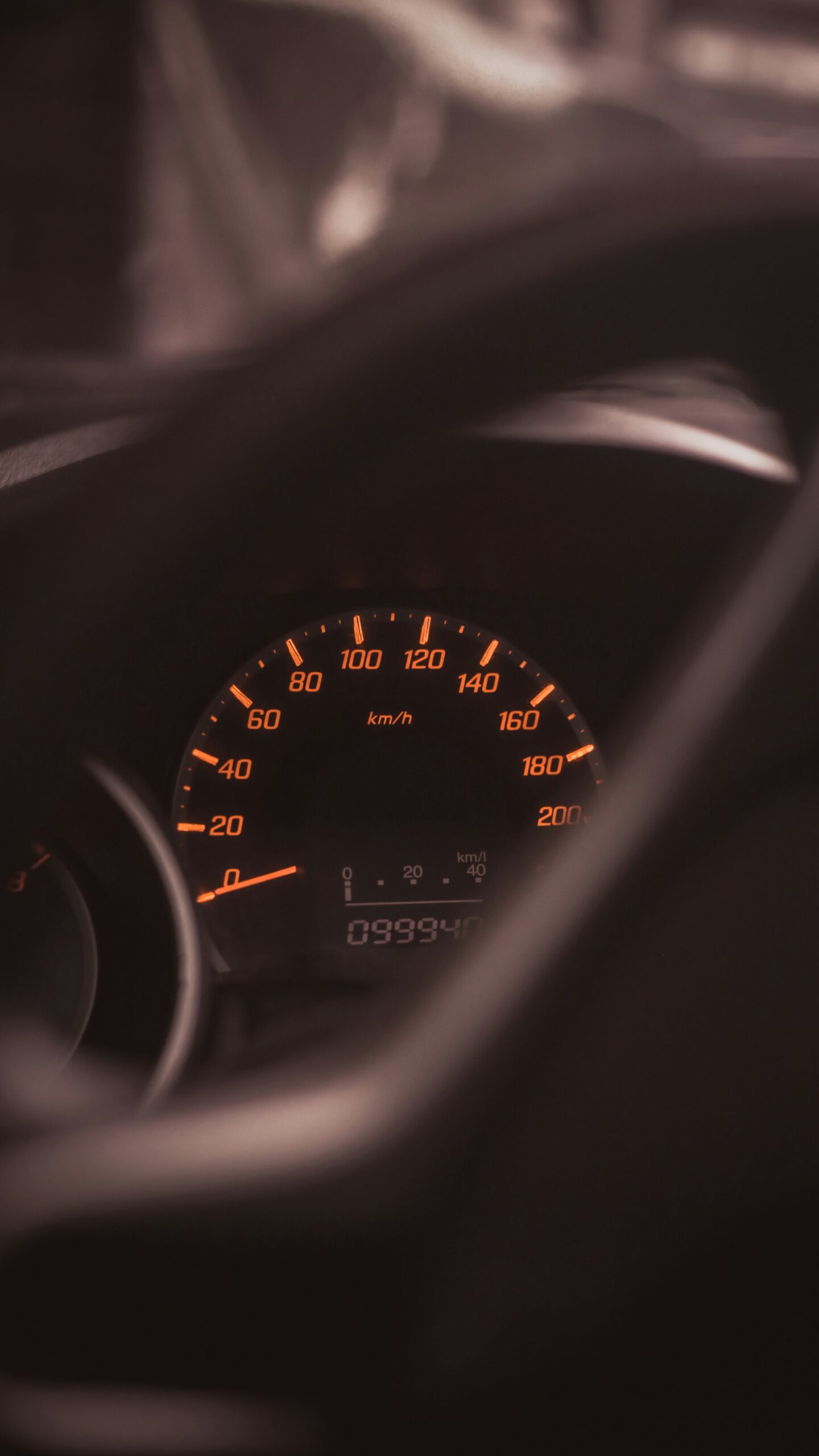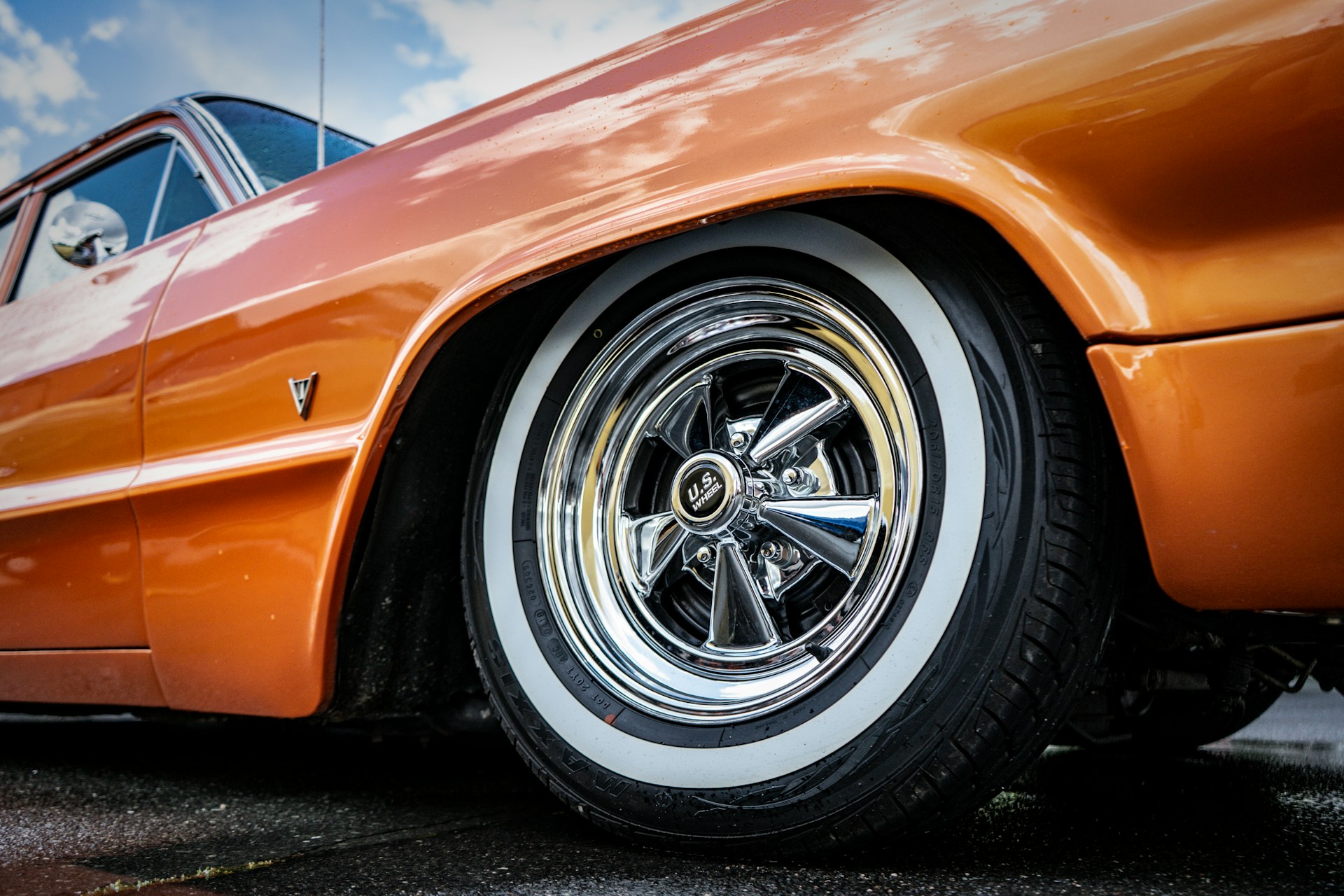The check engine light is one of the most critical indicators on your vehicle’s dashboard. When it illuminates, it signals that there might be an issue with your vehicle that requires attention. Understanding what this light means and knowing how to respond can help prevent minor issues from becoming major problems. In this blog post, we’ll explore the common causes of the check engine light and emphasize the importance of regular maintenance.
Loose or Faulty Gas Cap
One of the simplest and most common reasons for the check engine light to come on is a loose or faulty gas cap. The gas cap seals the fuel system and helps maintain pressure within the fuel tank. If it’s not tightened properly, or if it’s damaged, it can cause the check engine light to illuminate.
Why It Happens
A loose or faulty gas cap can cause fuel vapors to leak out, which disrupts the vehicle’s evaporative emissions system. This can trigger the check engine light as the system detects a fault that needs to be addressed.
Immediate Actions
If your check engine light comes on, the first thing you should check is the gas cap. Make sure it’s tightened until you hear it click. If the cap is damaged or cracked, replace it with a new one. After securing the gas cap, the check engine light may take a few trips to reset itself. If the light remains on, there might be another issue at play.
For more detailed diagnostic steps, refer to AutoZone’s guide on check engine light diagnostic.
Regular Maintenance is Vital for Your Engine
Ignoring the check engine light or delaying necessary repairs can lead to more significant and costly problems down the road. Regular maintenance is crucial to ensure the longevity and performance of your engine.
Why It Matters
Regular maintenance helps identify potential issues before they become serious problems. Routine checks and timely repairs can prevent engine damage, improve fuel efficiency, and extend the life of your vehicle.
Key Maintenance Tips
- Oil Changes: Regular oil changes are essential to keep your engine running smoothly. Old or dirty oil can lead to increased friction and wear on engine components.
- Air Filters: Replacing the air filter ensures that your engine receives clean air, which is vital for optimal combustion and performance.
- Spark Plugs: Worn-out spark plugs can cause misfires and reduce engine efficiency. Replacing them at regular intervals can help maintain engine performance.
- Fluid Levels: Regularly check and top off all engine fluids, including coolant, transmission fluid, and brake fluid.
If you neglect regular maintenance and the check engine light indicates a serious issue, you might face the need for significant repairs or even engine replacement. For instance, if extensive damage occurs, you may need a new NuTech HP Long Block engine HP99F or a replacement engine for Chevy Malibu, both of which are available at AutoZone.
Conclusion
The check engine light is a vital signal that shouldn’t be ignored. While it can sometimes be triggered by something as simple as a loose gas cap, it can also indicate more serious issues that require immediate attention. Regular maintenance is key to preventing engine problems and ensuring your vehicle runs efficiently.
AutoZone is here to help with all your automotive needs, offering a wide range of parts and expert advice to keep your vehicle in top condition. Whether you need diagnostic tools, replacement parts, or guidance on routine maintenance, AutoZone has you covered. Don’t ignore the check engine light—address it promptly to maintain your vehicle’s health and performance.












